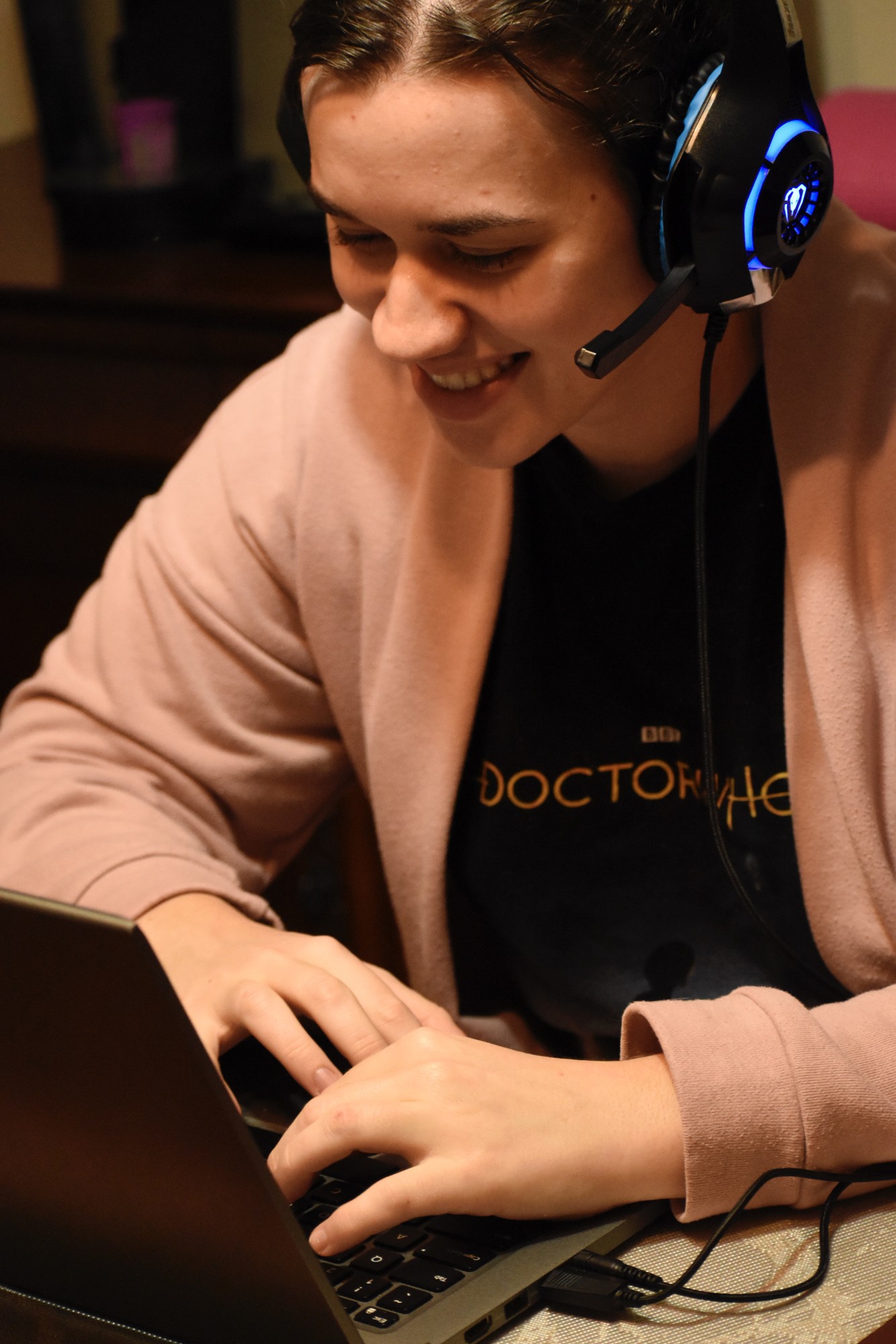The pandemic has put strain on many aspects of life, not least of all our relationships with family and friends.
Public health restrictions have made visiting with those close to us more difficult. Whether or not we’ve been anxious about our own welfare, or concerned about a loved-one with underlying health conditions, COVID-19 has certainly put a damper on physical closeness.
Although the phenomenon of finding friends – and even a partner – on the internet is as old as floppy disks themselves, the pandemic has been a catalyst for creating a solution to quash quarantine loneliness.
John Muldoon is a counsellor at Algonquin College. He reminds us that although this isn’t a new trend, it’s a rapidly growing one.
“Online friendships have been around for well over a decade,” said Muldoon. “Having an online friend, or having people you talk to online can really bolster your friendships. [You] sort of stay connected, share ideas and thoughts and funny photos […] and memes and all that kind of stuff.”
One student who has forged many friendships online is first year business administration student Mairead Morrison. She uses Bumble Friends to connect with people online – most of whom she describes as “casual acquaintances.”
“For every one in five people I match with, do we actually continue to talk on a regular basis,” said Morrison. “Some are just every now and then others are just that first day you match and then you don’t talk much after that.”
Over the summer, Morrison met with one of her online friends when the case-count in Ottawa was low.
“Since then I haven’t met anyone else, but I do plan to,” said Morrison.
Others have met friends online who they imagine keeping in their lives forever.
Don Seneviratne is a game development student in his second year at Algonquin. He describes an invaluable friendship he made with someone he met through a chat group.
“My cousin introduced me to the group,” said Seneviratne. “Most people were awkward with me but she always kind of related to my ideology […] on certain things. So after a while I contacted her directly and started talking to her. She’s like the yin to my yang.”
Seneviratne says his friend is someone who always has his back, even though he’s never met her in person. He describes their bond as close and emotional.
“I am thinking of meeting her in the future,” said Seneviratne. “In fact, we’re at a point where I want her to be my best-woman at my wedding, ‘cause in such a short time she knows secrets about me that no one knows.”
Although some people might view an online friendship differently than an in-person one, they are one and the same for Chris Pavone, a graduate of Algonquin’s radio broadcasting program.
“Some I talk to a multiple times a week,” said Pavone. “Some a couple times a month. I view them the same as someone I know in person.”
Pavone met most of his online connections through Twitch, Twitter and Facebook. He says he doesn’t have any issues with coordinating real-life plans with his friends after the pandemic has ended.
“I have met a few already,” said Pavone. “Meeting an online friend can be the best thing ever.”
Even with all the social benefits the internet offers as the pandemic confines us to our homes, there can be drawbacks to restricting ourselves to online social connections. Muldoon argues that online communication is a tool that should be used in conjunction with in-person socialization.
“It does show sometimes that if you just have an online friendship, it doesn’t quite meet the full need of physically being with somebody in person,” said Muldoon.
However, since meeting physically is discouraged these days for safety reasons, Muldoon understands the invaluable need to stay connected through other means.
“There’s still lots of value and importance of being physically with people around us,” said Muldoon. “Ideally we still want to have those connections, but under the current circumstances it’s not really permitted.”
Muldoon believes that online socialization has become much more intimate in recent years with the introduction of technologies such as video chat, which have made it easier to pick up on body language and social cues. Although the pandemic will one day end, Muldoon believes the long-term effects from this lengthy period of social isolation will endure.
“Especially when there is a video, you’re in your environment and they’re in their environment,” said Muldoon. “When you’re in person, you have a shared environment, which sometimes influences how people interact, and connect and communicate. Just the warmth you get from being with somebody is not always there with a virtual world. […] Being able to hug somebody or sit on the couch and watch a show together, those are lots of shared experiences that are different.”
Muldoon believes that trading some of those shared experiences for a more isolated, virtual one will perhaps leave a psychological mark on us post-COVID.
For students who are interested in getting involved socially, Muldoon recommends taking advantage of some of the virtual resources offered by the school.
The college is now offering group counselling online to help peers support one another in a therapeutic capacity.


